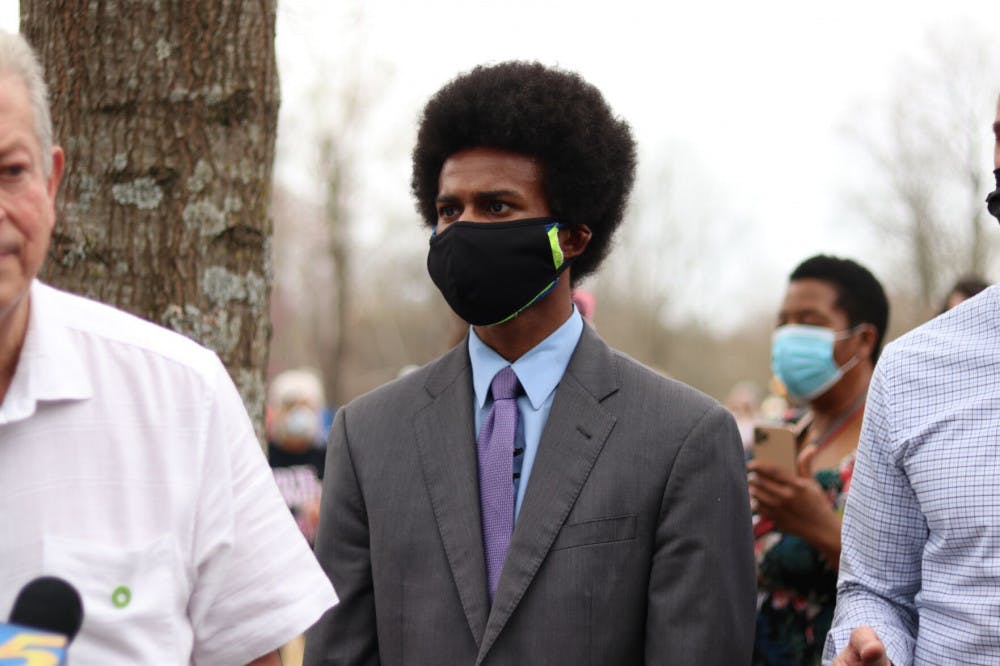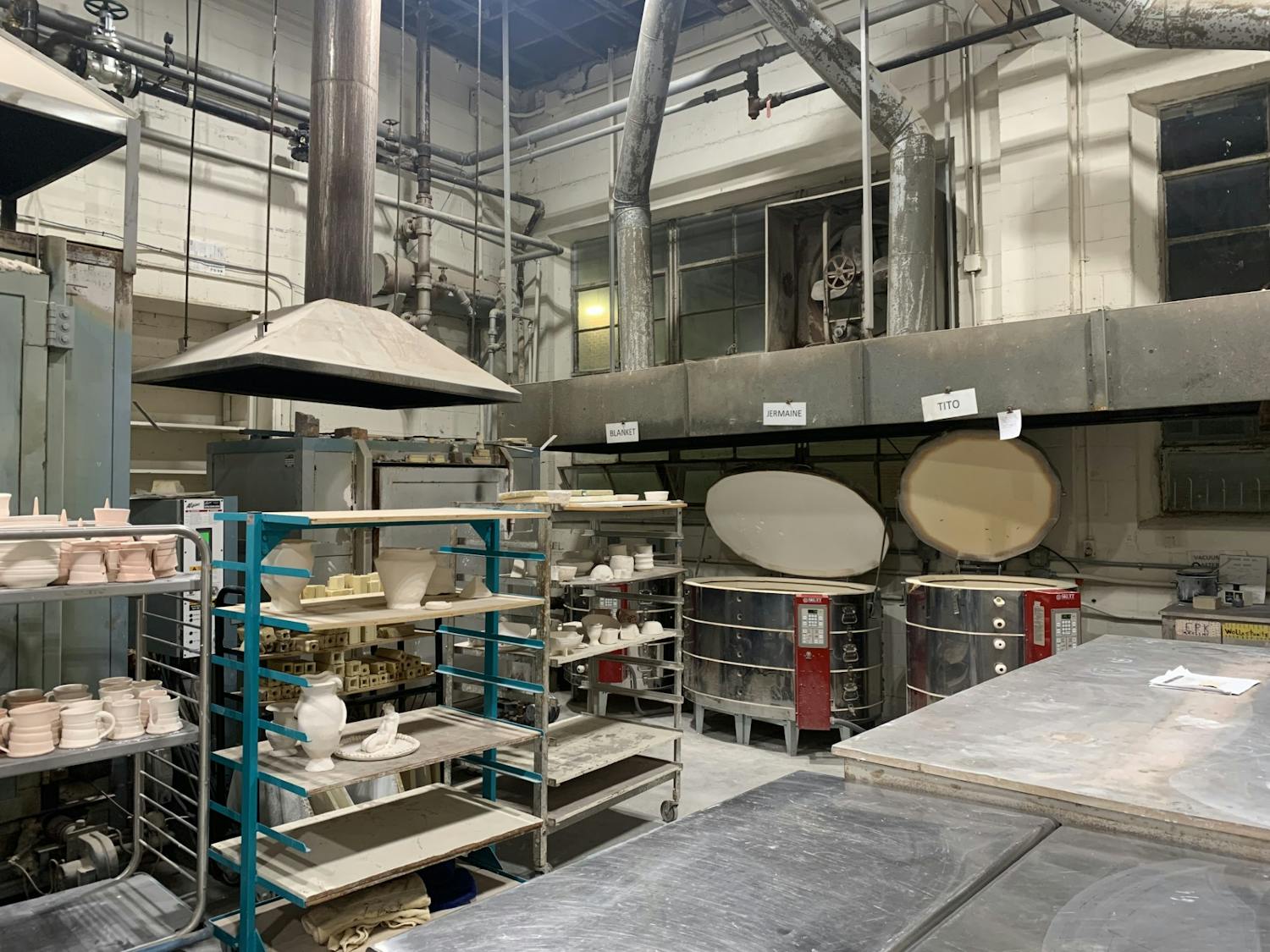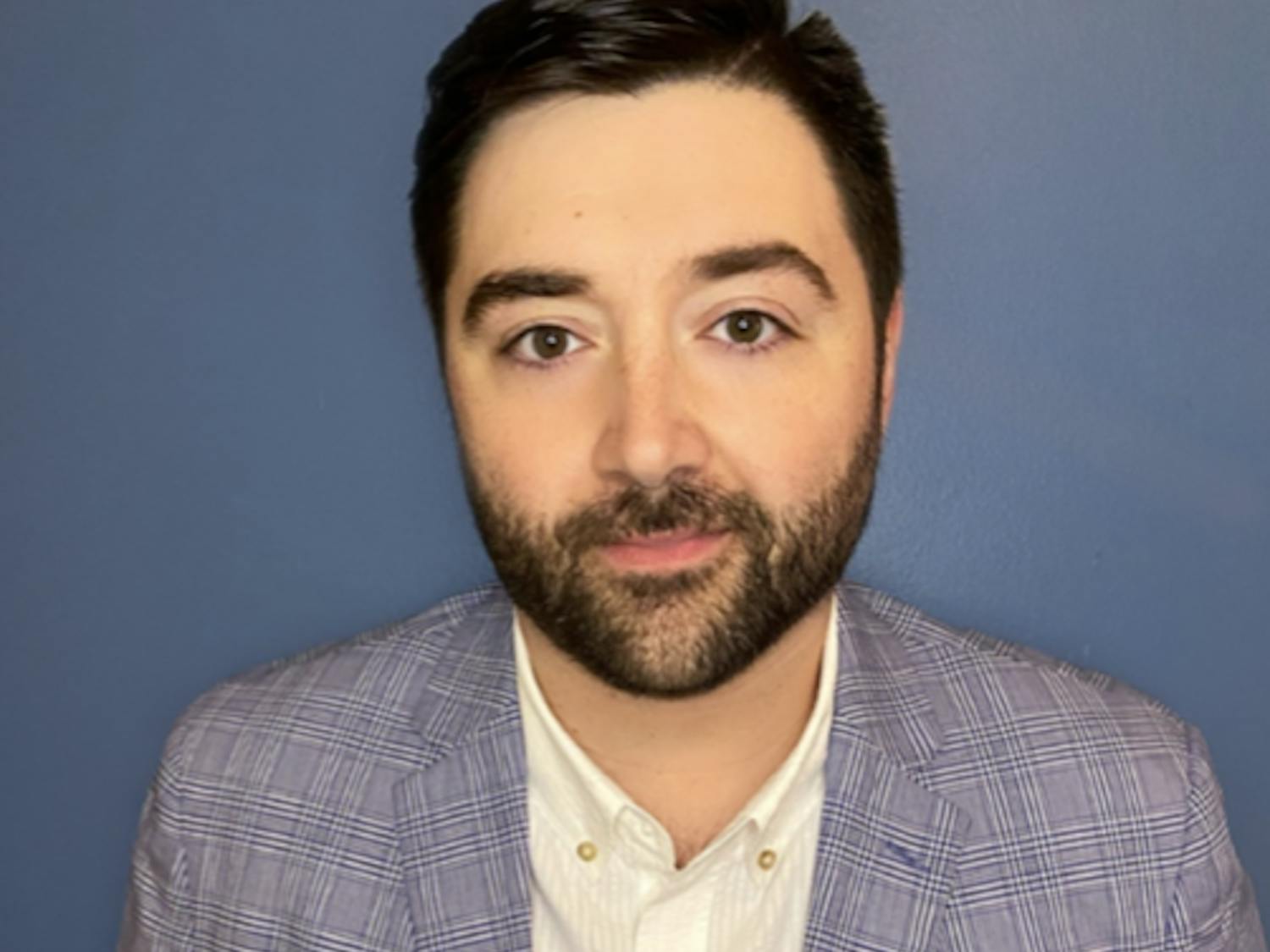It should come as no surprise that when the safety and cleanliness of Memphis’ drinking water came under threat that groups started popping out of the woodwork to defend it. After all, we are known for our tap water. Being pumped from the aquifer, it has this sweetness and smoothness that other cities, states and countries simply can’t replicate. It’s a source of pride for the community and rightfully so, for the time being.
Now, I like to believe that I’m an adopted Memphian. I’ve been here for three years and the culture has become something that I have grown to cherish and love. It drew me in when I was 18 and that lure hasn’t left now that I’m 21. When I first met my guide for my visit, a civil engineering major, he asked what I thought of the water and casually boasted about its greatness. It soon became a running joke that, if I decided to enroll at the UofM, I’d be moving from America’s worst water to the best water.
Yes, I said America’s worst water.
I grew up about 800 miles to the north in a once industrious city called Flint, Michigan. It has become somewhat regular for people’s ears to prick up, mouths drop agape, or eyes widen when I say it.
The same query always follows that tidbit: So, uh, how’s the water up there? The water is fine for the most part, by the way, but large groups of residents still can’t drink it because the pipes in their homes contaminate the water the same way it was contaminated during the crisis. However, the only question that should matter is: How are the people up there?
What many news outlets, politicians and non-residents fail to realize is the effect that the crisis had on everyone. The water left people physically, mentally and emotionally scarred.
Candice Mushatt was one of those residents. She ultimately ended up being one of the loudest voices in the crowd, still trying to lead the community out of the darkness that resides in the pipes of many Flintstones. When she went to Washington, D.C., to speak to congressmen and women about the crisis, she realized just how much it had impacted her.
“We can’t go anywhere and feel safe drinking water out of the tap,” she said. “That’s one of the lasting psychological effects. I don’t drink tap water from anywhere, I don’t trust it. We were on our way to meet Congressman Kildee and I went to wash my hands in the building. I looked up and plastered on the mirror was a sign that told me to not drink water from the faucets or fountains because they were dealing with a lead problem.
D.C. has had a lead problem for years. If this is happening in the building that they’re legislating from and nothing has changed as far as them addressing infrastructure or municipal water sources and making sure that water is treated properly, who is to say that this doesn’t happen elsewhere, and they just don’t know that they’re drinking contaminated water?”
Seeing family members and friends get sick, have skin rashes, lose hair, lose limbs and even lose their lives left the city with a sort of PTSD. Some adults were left with cognitive issues and children developed behavioral ones as well. Now, Memphis – on a much grander scale – could see something similar happen with the Byhalia Connection pipeline.
Dr. Douglas Cosler, a hydrogeologist, evaluated the risks that the pipeline poses to the aquifer. In his evaluation, he wrote, “Due to the tremendously-high operating pressures of oil pipelines, hundreds of thousands of gallons of crude oil can spew out of a small pipeline opening.”
Once in the soil, all that would need to occur to contaminate the aquifer is for gravity to pull it down into the aquifer. He also notes that not much oil is needed to contaminate significant parts of the drinking supply “because one pound of crude oil can contaminate 25 million gallons of groundwater at a concentration of 5 parts per billion (5 micrograms per liter).”
That concentration, he writes, is the maximum concentration of benzene, a cancer-causing chemical found in oil, a human can drink.
Taking into account the fact that Plains All American – one of the companies overseeing the Byhalia Connection pipeline – had a large-scale spill in California back in 2015, why should Memphians have to shoulder the risk of a spill with such little economic reward? Is even the slightest chance that a leak occurs worthwhile? Absolutely not.
Although there would be economic gain for the city through taxes that would be collected while the pipeline is operational, the price of remediating the aquifer in the wake of an oil spill would be astronomical and not thorough, according to Dr. Cosler.
“Remediation of...contamination in the subsurface is very difficult and expensive with only partial removal...generally possible,” he wrote.
With a unique resource like the aquifer, this pipeline threatens an ancient treasure that could affect Memphians for decades. It could create a physical and emotional health crisis affecting almost 10 times as many residents as the Flint Water Crisis did. There truly is no risk, no matter how minute, that is worth taking when it comes to the safety of our drinking water.
Justin Pearson, one of the co-founders of Memphis Community Against the Pipeline, stands next to former Vice President Al Gore during a press conference after a rally against the construction of the Byhalia Connection pipeline.






